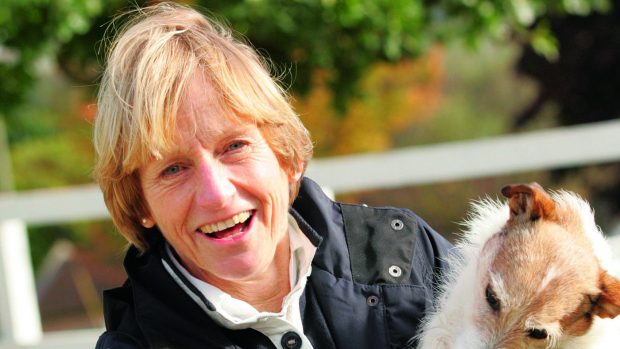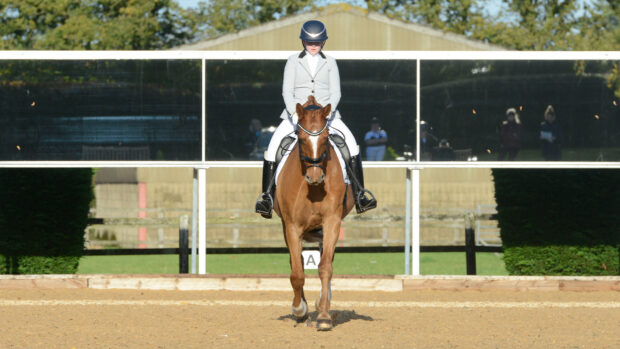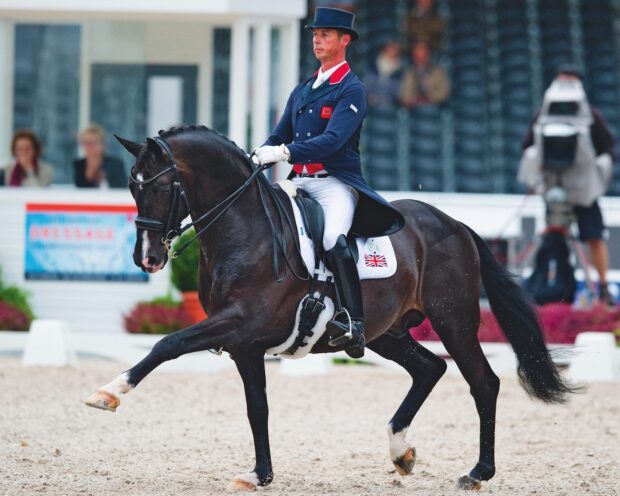If you are working on improving your dressage scores, you might spend time watching the world’s top horses and riders in action, hoping for tips or inspiration. And while this can be useful, it can sometimes be a little disheartening watching impeccably-bred warmbloods with enormous, flashy paces power across an arena – especially if your own horse is a little on the, shall we say, average side.
While almost any horse can reach a reasonable level in dressage if he has decent confirmation and is well trained and ridden, it’s easy to feel as you’ll never hit your goals if your horse is not blessed with oodles of natural talent, or bred specifically for the job. Luckily five-star international dressage judge Isobel Wessels is on hand with some invaluable advice on how to eke out the bigger scores, from even the most ordinary of horses.
“Nowadays a lot of people might be almost on the verge of giving up if they think their horse will never be a superstar, or he hasn’t got huge paces. And it can be tough, walking through the lorry park at a show, and thinking you can’t do it. But there are scores to be had in all movements, not just the flashy ones,” she says.
“Focus on the small details, and work on improving the horse’s basic way of going so he is more fluent and elastic and can show more willingness and harmony,” Isobel advises. “Those things can bring in extra half marks all over the place.
“If a horse is spectacular one minute but shows resistance the next, they will lose out. A horse who can show harmony and move lightly from one movement to the next – this is the mark earner. Sometimes a horse who doesn’t have huge scope in one area might have more general scope across more things, so you can put the movements together a little more easily.”
Isobel uses the reigning Olympic and European champions, Jessica von Bredow-Werndl and TSF Dalera BB, as examples.
“I was judging at this year’s European Championships in Hagen, Germany, and Jessie’s horse wasn’t the biggest mover, but the winning ticket was her harmony, ease and lightness.”
Isobel also draws attention to the importance of finding a really good trainer, who can not only coach you and your horse effectively towards improving your dressage scores, but will also help keep motivation levels high.
“If you have a trainable horse, but you’re feeling demotivated because your trainer or coach is saying he isn’t good enough, change trainer,” advises Isobel. “And trainers, don’t put the limiters on. So long as you don’t push the horse so far it can’t cope, with good riding and training, every horse can improve. Make the most of what you have.”
You might also be interested in…

#SundaySchool: How do I improve my horse’s expression in the half-pass?
Australian dressage rider Lyndal Oatley provides tips for nailing this advanced move

What is ‘connection’ in dressage? Christoph Hess explains…

Subscribe to Horse & Hound magazine today – and enjoy unlimited website access all year round
Horse & Hound magazine, out every Thursday, is packed with all the latest news and reports, as well as interviews, specials, nostalgia, vet and training advice. Find how you can enjoy the magazine delivered to your door every week, plus options to upgrade your subscription to access our online service that brings you breaking news and reports as well as other benefits.




